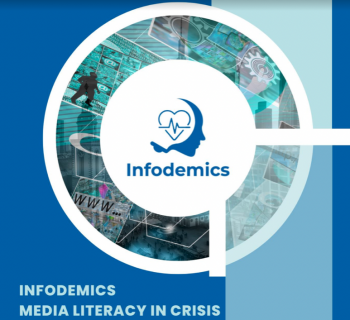Every year, colleges and universities invest large amounts of time and money into the recruitment of students. The process can involve numerous steps from the obligatory form filling, interviews, conditional and unconditional offers to open day events and induction weeks. The purpose of these stages are two directional, the institution wants to fill its courses with suitable candidates, the student wants to make sure that they have chosen a suitable institution. During this period, vast quantities of information exchanges hands. I want to find out just how much this information is used to impact upon the student learning experience.
Much of the data collected is not used to benefit the teaching or learning process, instead it is collated and used to produce statistics for institutions and to obtain funding. There may be little information in application and enrolment forms of any worth to subject teachers, (they were never intended to be used in that way) if this is the case then the whole process could be a missed opportunity.
Many institutions do collect Initial Assessment data, the theory being that by taking a series of short tests an idea of the students’ levels of literacy and numeracy can be gauged, those falling below a certain level can then be offered further assistance. Having recently been at both ends of this process, as a teacher and a student, it became apparent that Initial Assessment was merely a box ticking exercise. I received no feedback about my own initial assessment and I am still waiting at the end of the school year for the required further assistance to be granted to my own students.
I am curious to learn about other students’ experiences and hope to uncover a more positive view of initial assessment in the UK. I'm not asking the institutions because I want to focus on practice not policy. I would also like to find examples of good practice and ways of improving the system for everyone.








